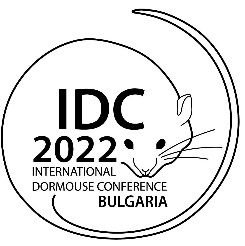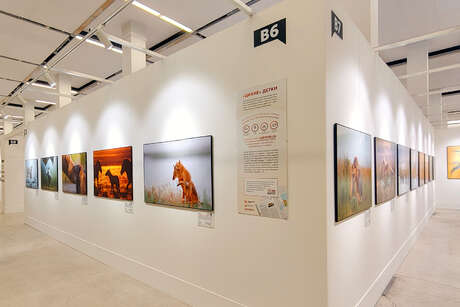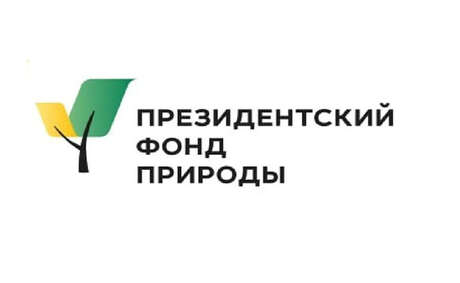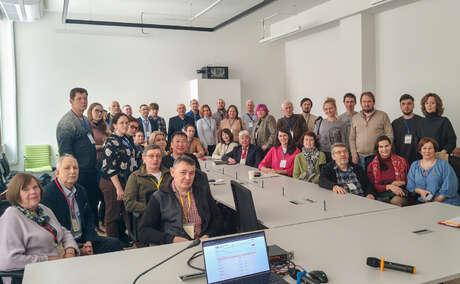2021-10-10

XI International Dormouse Conference 2022
XI International Dormouse Conference 2022
9 - 13 May 2022, Svilengrad,
BULGARIA
The International Dormice Conference (IDC) is being organised every three years to gather for four days scientists and conservationists to share findings and ideas on the research and conservation of the dormouse species. A mid-conference field trip, part of the conference programme, provides opportunities to get acquainted with the species ecology and habitats in different areas. Due to the Covid19 pandemic the conference is postponed from 2020 to 2022.
INITIAL PROGRAMME
Monday 9 May: Arrival. Registration. Accommodation.
Tuesday 10 May: Opening. Presentations. Welcome dinner
Wednesday 11 May: Presentations
Thursday 12 May: Field trip* in the areas of the Mouse-tailed Dormouse
Friday 13 May: Presentations. Closing. Farewell dinner
Saturday 14 May: Post Conference field trip (optional)
*Thursday field trip will involve a walk of about 5 km in a hilly landscape and on walking paths that can be
rough and muddy. If you have difficulties to do this, please indicate this in the registration form (under midconference excursion) so we can see if we can arrange transport.
The detailed programme will be sent additionally.
You are welcome to register at the website of IDC 2022. www.dormouseconference.net.
Closing date for early registration will be 20th December 2021 and late registration 1st February 2022
Early registration (20th December): Students (Phd student, Master) 150 euros /Non students 250 euros
Late registration (1st February): Students (Phd student, Master) 200 euros / Non students 300 euros
The deadline for abstract submission is February 20-th, 2022.
You can submit abstracts for oral presentations and poster presentations.
The abstract submission form will be available on the IDC website by the end of 2021. A link on the
website will direct you to a platform of Pensoft publishers (https://aca.pensoft.net), where you can
submit your abstract.
Abstracts on dormice species palaeontology, genetics, physiology, behaviour, morphology, ecology and
conservation are welcome.
The abstract should be up to a maximum of 250 words (without title and authors) + 5 keywords.
More information



